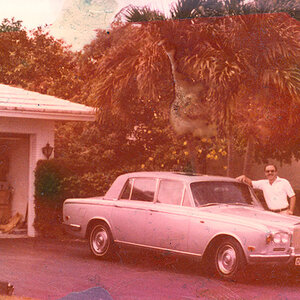TehYoyo
TPF Noob!
- Joined
- Dec 23, 2012
- Messages
- 107
- Reaction score
- 5
- Location
- Northeast Chicago Suburbs
- Can others edit my Photos
- Photos OK to edit
This is a noncommercial discussion.
I'm submitting photos to be a yearbook photographer for my high school next year. Obviously, I'd like to retain the copyright on my images. I'm pretty sure I'll still have it regardless, but I'm going to make sure anyways.
How do I keep my copyright? Do I have to sign anything? I don't want to make it a huge deal.
I'm submitting photos to be a yearbook photographer for my high school next year. Obviously, I'd like to retain the copyright on my images. I'm pretty sure I'll still have it regardless, but I'm going to make sure anyways.
How do I keep my copyright? Do I have to sign anything? I don't want to make it a huge deal.


![[No title]](/data/xfmg/thumbnail/35/35875-613296cbb015a9d4bc5b47aca161290e.jpg?1619737200)
![[No title]](/data/xfmg/thumbnail/34/34056-de7cd932b4cd702c2f77e0f5c9ec1aa2.jpg?1619736256)
![[No title]](/data/xfmg/thumbnail/32/32181-195f34b5d304506aafc7ec317f64563f.jpg?1619735235)


![[No title]](/data/xfmg/thumbnail/34/34054-75057fa828bda4184ea808ff8bd8dfcf.jpg?1619736254)



![[No title]](/data/xfmg/thumbnail/35/35872-12704b8c65e1c009d7089ccba367abb6.jpg?1619737198)

